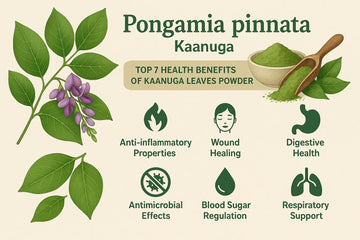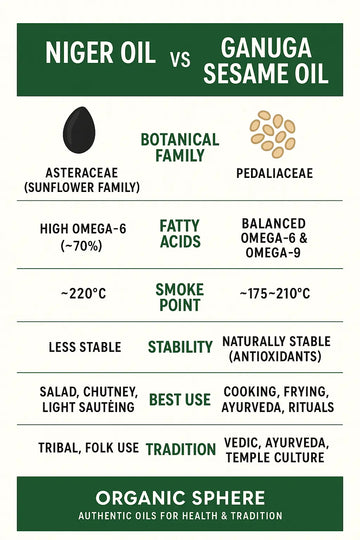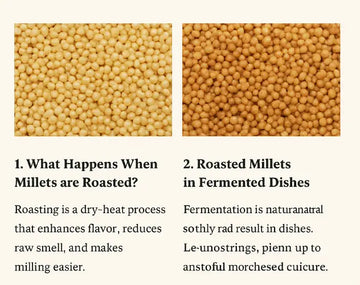Understanding Bug Prevalence in 100% Natural Products: The Natural Side of Agricultural Practices
Jan 05, 2024
The prevalence of bugs in natural products is an interesting consequence of the natural and environmentally friendly practices employed in natural agriculture. Understanding why this happens involves delving into the core principles of organic farming and how they impact the ecosystem of crops. Here's a more detailed look:
-
No Synthetic Pesticides: One of the hallmarks of natural farming is the exclusion of synthetic pesticides and insecticides, which are widely used in conventional agriculture to eliminate pests. These chemicals are effective at keeping bugs at bay, but they also pose potential health risks and environmental concerns. In their absence, organic crops are more exposed to natural predators, including a variety of insects.
-
Preservation of Biodiversity: Natural farming often emphasizes maintaining a balanced ecosystem. This approach includes fostering the presence of a wide array of organisms, both beneficial and otherwise. While this biodiversity is crucial for ecological balance and soil health, it naturally leads to an increased presence of bugs in and around organic crops.
-
Organic Matter as Fertilizers: The use of natural fertilizers like manure, compost, and green waste in organic farming can be a double-edged sword. These organic fertilizers enrich the soil but can also attract insects and bugs, who are drawn to the organic matter as a food source.
-
Diverse Cropping Practices: Natural farms often employ practices like crop rotation and polyculture (growing multiple types of crops in the same space). These practices are excellent for soil health and reducing disease transmission among crops. However, they can also create a more inviting environment for various insects, as the diversity of plants can attract a wider range of pests.
-
Natural Processing and Storage: Natural products are typically processed using minimal chemical intervention. The lack of chemical preservatives in these products during storage and transportation makes them more susceptible to infestations by bugs and insects.
-
Natural Plant Attractants: Plants grown organically may produce higher levels of certain natural compounds such as sugars and starches, making them more attractive to bugs. The rich, organic soils used in organic farming can lead to more robust plant growth, which in turn can draw more insects.
While the presence of bugs in organic produce may be off-putting to some, it's often a sign of the product's natural origins and reduced exposure to harmful chemicals. This, however, underscores the importance of proper handling and storage of organic produce. Consumers and retailers alike must be diligent in inspecting and maintaining organic products to mitigate the risk of bug infestations while preserving their natural quality and benefits.





